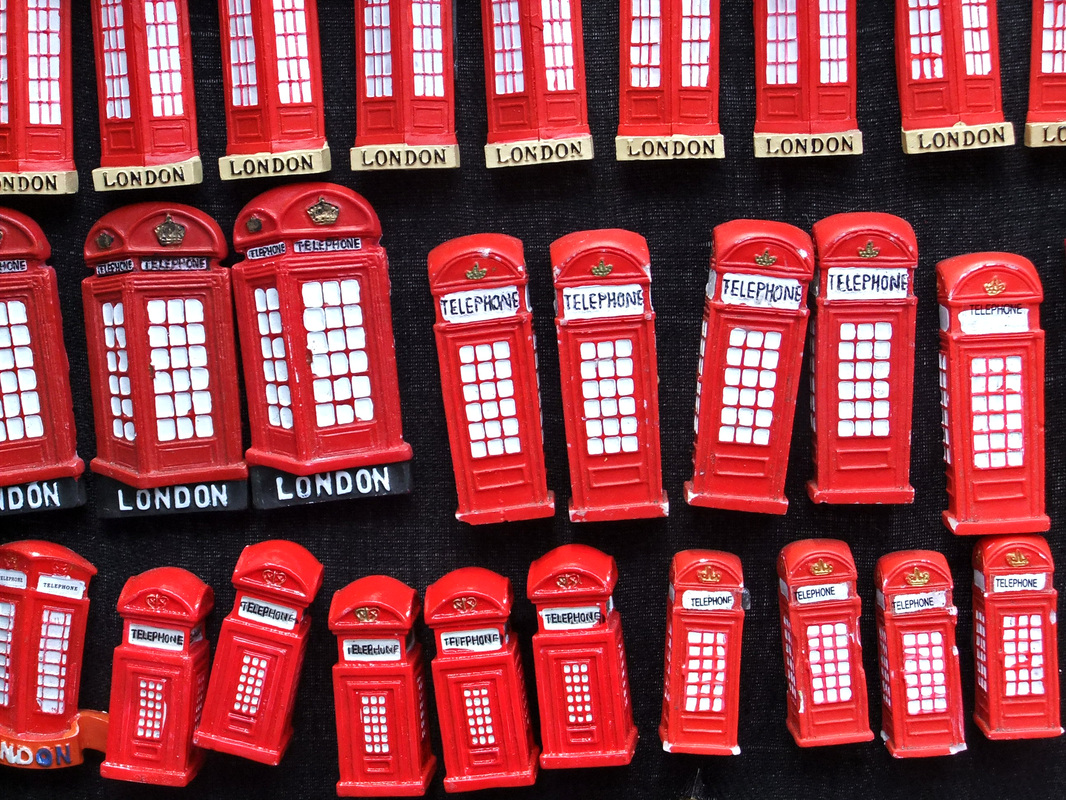I thoroughly enjoyed walking with you last Saturday and sharing the history about Walthamstow. All of you did excellent research so a very big thank you.
Below you'll find some of the vocabulary that we went over at the end.
I look forward to seeing you all again.
Best Wishes
Gail
Vocabulary Walthamstow – Saturday 20th July 2013
A stick of rock (noun): a long, hard stick-shaped sweet. Traditionally, they are pink and the name of the seaside resort runs through the middle. They are hard to eat and can break teeth!!
Candy floss (noun): a mass of pink (or white) fluffy sugar that is spun around a stick. We usually find candy floss at fun-fairs and the seaside. They are very sweet!
A sweet tooth (noun): When someone really likes sweet food, we say they have a ‘sweet tooth’ or that they are ‘sweet-toothed’ (adj). E.g. I’ve got a sweet tooth because I eat chocolate and biscuits and cakes and puddings every day!
Obese (adjective): When someone is very fat and overweight, we say that they are obese. The UK has the highest level of obesity (mass noun) in Europe. E.g. She’s obese because she eats chocolate and biscuits and cakes and puddings every day!
A nap (noun): a short sleep that is taken during the day. E.g. My mum takes a nap every afternoon.
A kip (noun) (informal English): to sleep. E.g. I’m going to have a kip when everyone’s left.
To sunbathe (verb): to lie in the sun in order to get a tan.
A mate (noun) (informal English): a friend. E.g. She’s an old mate of mine. E.g. They’ve been mates since they were children.
A classmate / flatmate / teammate / playmate: We often add ‘mate’ when we talk about activities that are shared by a group of people. It means doing something specific together, not necessarily as friends.
Mate (British slang): Often used to address (speak to) someone who is not necessarily a friend or known to you. E.g. Give me a hand mate. E.g. Thanks mate.
An inmate (noun): a person who lives (usually by force) in an institution such as a prison or hospital. E.g. My grandparents were very poor and became inmates of Walthamstow Workhouse.
A resident (noun): people who live in an old people’s home are called ‘residents’ (not inmates).
Cycling (mass noun): The sport or activity of riding a bike. E.g. My brother goes cycling in the mountains every summer.
To cycle (verb): to ride a bicycle. E.g. She cycles to work every day.
Words for bikes:
A cycle
A bike
A bicycle
Boris bikes (the bikes for hire in London, named after the London Mayor)
To smuggle (verb): to take things in or out of a country secretly and illegally. E.g. Tea was smuggled into England when parliament raised the taxes and tea was too expensive.
A smuggler (noun): A person who takes things in or out of a country secretly and illegally.
To traffic (verb): The same as ‘to smuggle’. ‘To traffic’ is a more common word today. We use it for when drugs, children, people etc are brought illegally into the country. E.g. They traffic in drugs and last year, brought thousands of tons of heroin into the UK.
A trafficker (noun): A person who brings drugs etc into the country. E.g. a drug trafficker / a human trafficker / a child trafficker etc.
A pit (noun): a) a large hole that is made in the ground. E.g. They dug pits to bury all the dead bodies during the Plague of 1665.
b) a coal mine. We often call coal mines ‘pits’.
c) to be the pits (slang): to be very bad e.g. the food in that restaurant last night was the pits!
Rude (adjective): not polite. E.g. He was very rude to his boss yesterday. E.g. It’s very rude to interrupt when people are talking.
To abuse (something or somebody) (verb): to use something/body in a bad and dishonest way. E.g. the politicians abused their position so that they could become rich.
Abuse (noun): as above. E.g. an abuse of power. E.g. The teachers talked to the young people about the dangers of drug abuse.
Cruel (adjective): cause physical or mental suffering to someone or something. E.g. The bosses of the workhouse were cruel to the inmates. They beat them every day.
Cruelty (noun): E.g. cruelty to children or animals is against the law.
 RSS Feed
RSS Feed
